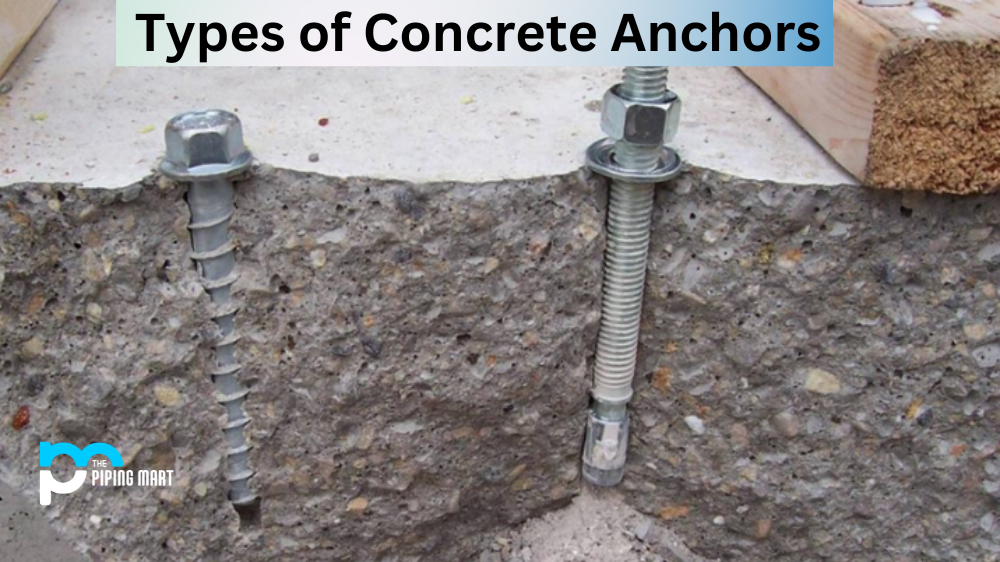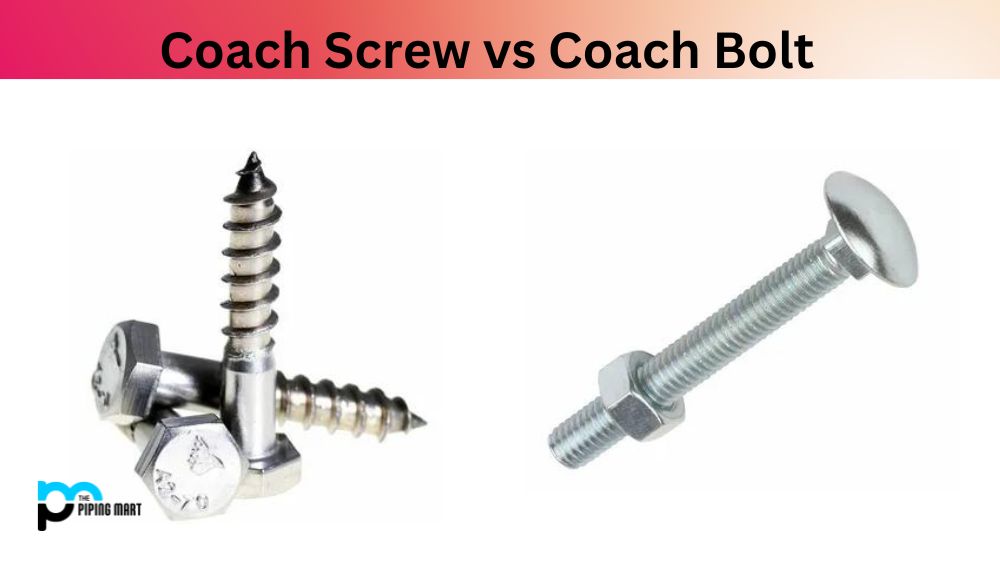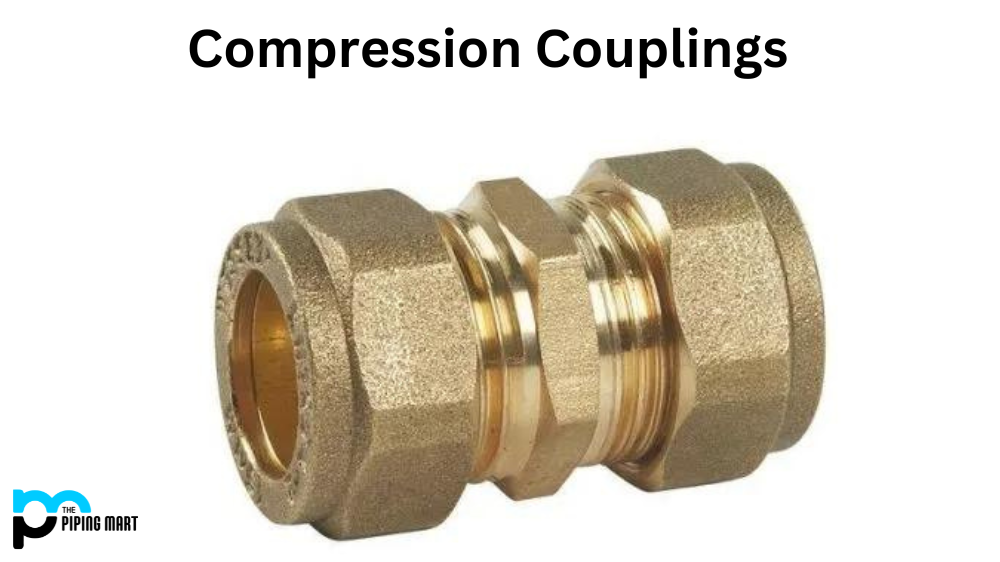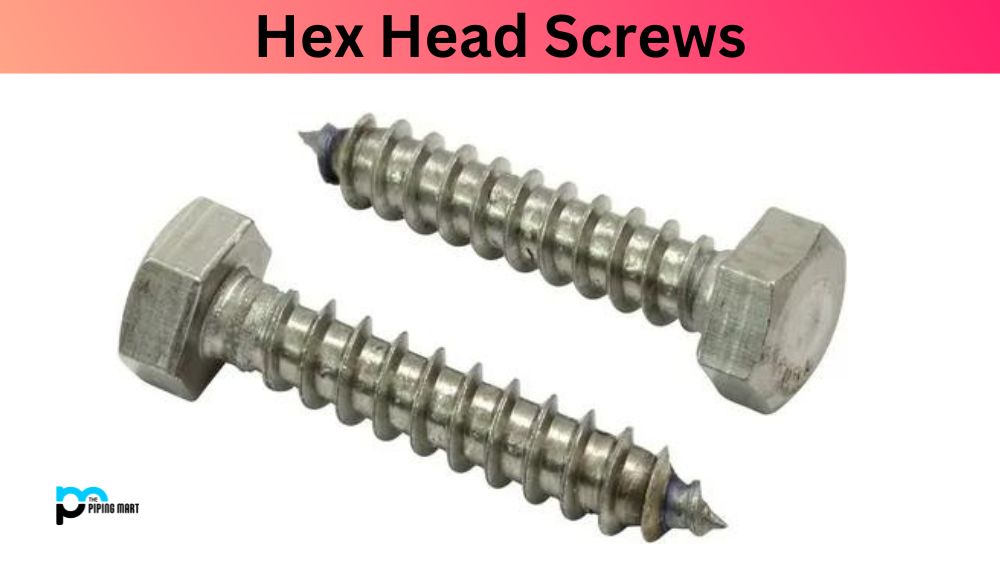If you’re working on a construction project, then it’s important to understand the concrete anchors types and uses. With the right knowledge, you can ensure that your projects are safe and secure for years to come. Understanding which style or type of concrete anchor is best suited for your project isn’t complicated—it just takes some research. In this blog post, we’ll help simplify the process by breaking down all the different types of concrete anchors and discussing their unique benefits and features. By learning more about them, you can determine what will work well in any given situation! Read on to get started!
What is Concrete Anchor?
Concrete anchors are a crucial component of any construction project involving concrete or masonry walls. They are designed to secure objects in place, serving as a reliable and sturdy point of attachment. From shelves and cabinets to electrical fixtures and signage, the possibilities for using concrete anchor are endless. The beauty of concrete plate anchors is that they provide a means of hanging and securing objects without causing damage to the concrete itself. They come in various shapes and sizes, ensuring that there is an anchor suitable for any project. If you are planning a construction project, be sure to consider the versatility and reliability of fasteners concrete.
Type Of Concrete Anchors
Acoustical Wedge Anchors
Acoustical wedge anchors are becoming increasingly popular in a variety of industries. These anchors provide a secure and reliable way to hold large metals together with minimal effort. Unlike traditional fasteners, concrete wedge anchors don’t require additional tools or complex installation processes; all you need for installation is an easy-to-use tensioning tool. Once installed, acoustical wedge anchors create strong and reliable connections between the Inconel sheets so they can be used in applications from engineering solutions to acoustic enclosures that demand stability and corrosion resistance.
Drop in Anchors
Drop-in anchors are an essential tool used in many construction and manufacturing applications as they provide an easy, efficient way to secure fixtures to walls. Whether it’s safely holding up a heavy piece of machinery anchor or securing an Inconel sheet against a wall, drop-in anchors are rapidly becoming the preferred choice for reliable connecting points. These small yet powerful anchors require quick installation, reducing time and cost enormously compared to traditional anchor methods. Increasingly, more professionals involved in the implementation of such fixtures are recognizing the value and practicality that drop-in anchors provide.
Double Expansion Shield Anchors
Double Expansion Shield Anchors are fasteners designed for anchoring into solid materials like concrete, brick, or block. They feature a double expansion mechanism that expands from both sides upon tightening, providing enhanced stability and load-bearing capacity. These anchors are commonly used in applications where high strength and reliability are required.
Hammer Drive Pin Anchors
Hammer drive pin anchors are the perfect solution for when you need to attach an Inconel sheet to a substrate. These unique pins provide a secure fixture that’s both fast and easy to install, and once set, they’ll provide years of reliable service. They are great for use in marine applications such as boat hulls or cabins, as well as other environments, due to their extreme durability, corrosion resistance, and ability to hold up under harsh conditions. Plus, it’s lightweight, so you can take it with you wherever you go! Hammer drive pin anchors are a versatile option for any application that needs a secure connection between two surfaces.
Split Drive Anchor
Have you ever needed to anchor something securely to a wall or another surface, but didn’t want to go through the trouble of drilling and installing a more complicated anchor? If so, a Split Drive Anchor might be just what you need. This anchor has a flat head on one end and a pointed end on the other, which makes it quick and easy to install. Simply tap it into place with a hammer until it’s firmly seated, and you’re ready to attach whatever you need to the anchor. This type of anchor is great for light-duty applications that don’t require a lot of weight, and it’s particularly useful for securing items to masonry or concrete surfaces, where other types of anchors for concrete may not work as well. Give it a try and see if it’s the right choice for your next DIY project!
Threaded Rod Anchor
When it comes to securing objects to different surfaces, there are many options out there to suit a range of needs. Among the most versatile and commonly used anchoring solutions are threaded rod anchors. These are simply devices that allow you to attach a threaded rod to a surface, securing it firmly in place. Whether it’s for hanging lights, suspending pipes, or even mounting electrical equipment, threaded rod anchors come in a variety of sizes and styles to suit different applications. If you’re looking for an effective, reliable, and easy-to-use anchoring solution, threaded rod anchors are definitely worth considering.
Strike Anchor
When it comes to securely fastening objects, it’s crucial to select the right type of anchor for the job. One option that’s gained popularity in recent years is the strike anchor. This type of anchor is perfect for situations where heavy loads need to be supported, such as in construction or industrial settings. Strike anchors have several advantages over other types of anchors, such as their ability to be installed quickly and easily with basic tools. They also offer excellent holding power thanks to their unique design, which expands and locks firmly in place when struck with a hammer. So, if you need to install parking lot barriers, warehouse racks or other heavy-duty equipment, consider using strike anchors to ensure a secure, dependable hold.
Lag Anchor
Have you ever found yourself in a situation where your internet connection is incredibly slow and constantly buffering? If so, you may have heard the term “Lag Anchor” being thrown around. A Lag Anchor is a common term used to describe a device or application that causes lag or delay in your internet connection. These can include outdated software, poor network connectivity, or hardware issues. It’s worth noting that a Lag Anchor is a significant frustration for online gamers, as it can mean the difference between winning or losing a match. So the next time you experience slow internet, you can rest assured that you will know exactly what, or who, is causing it!
Tapcon Concrete Anchor
Tapcon Concrete Anchors are a game changer when it comes to fastening materials to concrete. These anchors use advanced manufacturing techniques to create a powerful and reliable hold unlike anything else on the market. With its unique thread design and intuitive installation process, Tapcon concrete anchors are perfect for a variety of applications, including construction, remodeling, and DIY projects. Whether you’re securing a shelving unit to a concrete wall anchors or mounting a TV bracket, Tapcon anchors make it easy to achieve a secure and lasting hold. So if you’re looking for a high-quality anchor that’s built to last, Tapcon is the way to go!
Kaptoggle Hollow Wall Anchors
Kaptoggle anchors offer a secure and reliable way to mount items onto hollow walls. Made from Inconel steel, these speciality anchors are designed to be inserted through the wall where they thread and expand behind it to provide a tension grip that won’t pull out. For additional reliability, the Inconel sheets create an incredibly strong hold that outlasts most traditional drywall mounting options. Kaptoggle anchors can be used to hang shelves, clocks, pictures, bathroom accessories and much more in any setting with hollow walls, ensuring each item stays securely in place for years.
Lag Shield Expansion Anchors
Lag Shield Expansion Anchor are fasteners used for anchoring into concrete, brick, and block. They consist of a lag screw that expands the Lag Shield Anchor against the base material, providing secure and reliable support for various applications.
Machine Screw Angles Anchors
Machine Screw Angles Anchors are fastening devices used to secure items to concrete, masonry, or other solid materials. They feature a threaded shaft and a pre-assembled angle bracket for easy installation. These anchors provide strong and reliable support for various applications, such as attaching fixtures, equipment, or shelving.
Masonry Screws
Masonry screws are an excellent choice for fastening Inconel sheets together. Their superior corrosion resistance ensures that your project will remain intact no matter the conditions it is exposed to. In addition to their general durability, masonry screws are built tough to really hold onto masonry anchors and keep them secure in place. For any job requiring Inconel sheets, masonry screws are the obvious choice for keeping everything tightly in place.
Plastic Toggle Anchors
Plastic toggle anchors are an essential tool for many construction projects as they provide a secure and reliable way to attach different materials together. Made of polypropylene and featuring corrosion-resistant Inconel features, plastic toggle anchors offer secure fastening even in challenging environments. Best used on drywall or other substrates like metal panels and masonry, these anchors attach through a simple two-part assembly where the Inconel elements are embedded into the wall while the plastic holds tight from the other side. Not only are plastic toggle anchors cost-effective, but they’re also simple to use and easy to reposition if needed. Their versatility makes them ideal for indoor and outdoor applications alike for even the toughest jobs requiring both strength and flexibility.
Sammys Screws
Screws are threaded rod anchors used for various applications such as hanging sprinklers, pipes, electrical fixtures, and HVAC equipment. They come in different sizes and types, including vertical rod anchors for wood or steel and swivel threaded rod anchors for sloped or extreme roof pitches. They feature a screw-like male-threaded section that embeds into the mounting surface and an exposed female-threaded nut for secure installation.
Sleeve Anchors
Sleeve anchors are versatile fasteners used in a variety of applications where a secure anchoring point is needed. An steel gives the sleeve anchor’s speciality steel body additional corrosion resistance and makes it ideal for use in marine grade and highly corrosive environments. Its threaded design creates a solid bite, so users can rest assured that the load will not move while they’re working. Furthermore, they’re easy to install and remove, so there’s no need to hire professional contractors or specialized tools to get the job done right. All in all, sleeve anchors offer a durable, reliable solution when anchoring into concrete or masonry substrates.
Toggle Wing Hollow Wall Anchors
Toggle wing hollow wall anchors are ideal for many different types of projects. These unique anchors provide a secure fit without being overly intrusive. They’re also completely reusable, so you won’t need to replace them every time you take something apart and put it back together again. With toggle wing hollow wall anchors in your toolbox, you’ll be equipped to tackle any job that comes your way.
Wedge Anchors
Wedge Anchors provide an incredibly secure and robust fastening solution for oily or corrosive environments, especially when an sheet is involved. Wedge anchor bolts are fast and easy to install thanks to their one-piece engineering, utilizing their expansion clip mechanism that locks the anchor into place after insertion into a pre-drilled hole. This makes them extremely safe for use in permanent applications due to their solid, lasting hold on even the most abrasive surfaces.
What is Concrete Screw and Concrete Bolt?
Concrete screws and concrete bolts are specially designed fasteners for attaching objects to concrete, brick or block walls. Anchors screws have a threaded end that is driven directly into the pre-drilled hole in the wall, while concrete anchor bolts have an internal threaded anchor that is set into a predrilled hole with a hammer and/or power tool.
Types of Anchor Bolts for Concrete
There are several different types of anchor bolt concrete that can be used depending on the application and design requirements. Some common choices include epoxy anchors, chemical expansion anchors, mechanical expansion anchors, undercut anchors, and threaded-rod anchorage systems.
Conclusion:
The best anchor types to use depends on a variety of factors, such as the material you are anchoring, where you are installing the anchor, and what weight loads the anchor will be supporting. Fortunately, there are multiple concrete anchor varieties that can each satisfy a range of needs. Threshold anchor bolts for concrete offer great versatility and have superior strength when used in combination with accurate installation practices. Wedge anchors require precise installation and are ideal for heavy-duty applications. Chemical anchors provide powerful adhesion but require longer curing timeframes in order to work properly. No matter which option you choose, it’s important to select an appropriate size and different anchors for your specific job requirements. Ultimately, making these informed decisions will result in a secure, reliable anchorage system.

A passionate metal industry expert and blogger. With over 5 years of experience in the field, Palak brings a wealth of knowledge and insight to her writing. Whether discussing the latest trends in the metal industry or sharing tips, she is dedicated to helping others succeed in the metal industry.





Радим на пројекту који укључује причвршћивање тешких инсталација на бетонске зидове. Да ли бисте препоручили да користите сидра за увлачење или ударна сидра за ову апликацију? Које су кључне разлике између њих у погледу снаге и лакоће инсталације?
When attaching heavy fixtures to concrete walls, I’d recommend using expansion anchors. They provide strong holding power and are well-suited for heavy loads. Among them, wedge anchors and sleeve anchors are popular choices.
Thanks for the informative post! As a homeowner, I’ve been trying to figure out the best type of concrete anchor for my next project. Your post helped me understand the differences between the various types and their uses. Definitely bookmarking this for future reference!